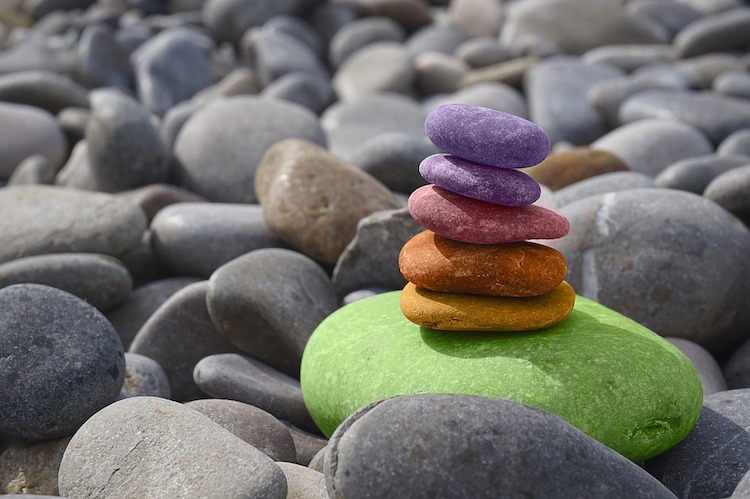Calm.
Is feeling calm something you’re familiar with, or is it a long distant memory buried in the choppy sea of busyness, competing agendas and lack of time?
Calm is good as it provides clarity around what needs to be addressed next, elevates resilience and contentment with our lot.
Whilst recently chatting with the CEO of a major brand, we talked about, amongst other things, why feeling calm is essential to great leadership.
He was a great example of calm. He exuded calm. He was one of those people that just being in his presence was so…. calming!
He shared how one of the things he had found most useful to help him stay grounded, focused and on track was his twice-daily transcendental meditation practice. Over the years he had tried mindfulness meditation, but TM turned out to be what works best for him.
Which reflects the fact that no two brains are alike, and no two minds work in exactly the same way. So it’s about discovering what works for you and being open to explore different modalities and methods.
Meditation in its various forms has been practised for thousands of years. It is being increasingly practised in many places of work, in schools and Universities, in the armed forces and in prisons as a way to reduce stress and restore focus, wellbeing and clarity of thought.
Of course, it’s not for everyone. If meditation is something you’ve tried briefly and found it didn’t work, maybe it didn’t suit, or maybe you didn’t try it for long enough, or maybe a different modality would suit you better.
With meditation or any other form of relaxation practice, there is no right or wrong, good or bad. It’s about what you find reconnects you to a calm and relaxed mind to be more productive, efficient and happier.
Earlier this year a friend, knowing about my interest in all things brain asked if I would be interested in trying a session of gonging.
I have to admit that at first my “woo woo” hackles were raised, but understanding how rhythm and music can have a powerful effect on the brain I was curious to give it a try. Now I find my inner peace through being quiet so I confess I was more than slightly apprehensive about what being subjected to loud gonging for an hour would feel like, especially as I am somewhat noise sensitive.
Entering what appeared to be a large tepee with 12 mats and pillows arranged in a spoke-like arrangement we were invited to first to inhale some essential oil daubed onto a silk handkerchief, and to then lie down, make ourselves comfortable under a couple of blankets, and advised that if we were to snore too loudly we would be gently awakened.
Snore I wondered? How is anyone going to snore during a gonging session?
As it turned out the noise level was even greater than I imagined it would be. It was disturbingly loud. The advice of the lady taking the class was to not listen to the sound, rather feel the vibration. I was so glad she said that as it did help to reduce the intensity of the sensory overload. Lying there in the darkness with a lot of loud gonging going on, my first thoughts were, how am I going to last sixty minutes?
And then I fell asleep.
(I don’t think I snored, or at least I hope I didn’t.)
At some points during the hour I woke up and it felt as if my body was floating, and then I’d drift off to sleep again.
And then all too quickly time was up, and much to my surprise I did feel incredibly relaxed and calm afterwards.
It was all a bit weird, but in a good way.
Which goes to show that in your quest for calm, find whatever works for you, stick with it but don’t be afraid to experiment either.
With stress the number one challenge many of us face in our daily lives, tapping into our innate sense of calm is the first step to managing it more effectively.
What have you found that works to restore your inner peace?
I’d love to hear your thoughts.


